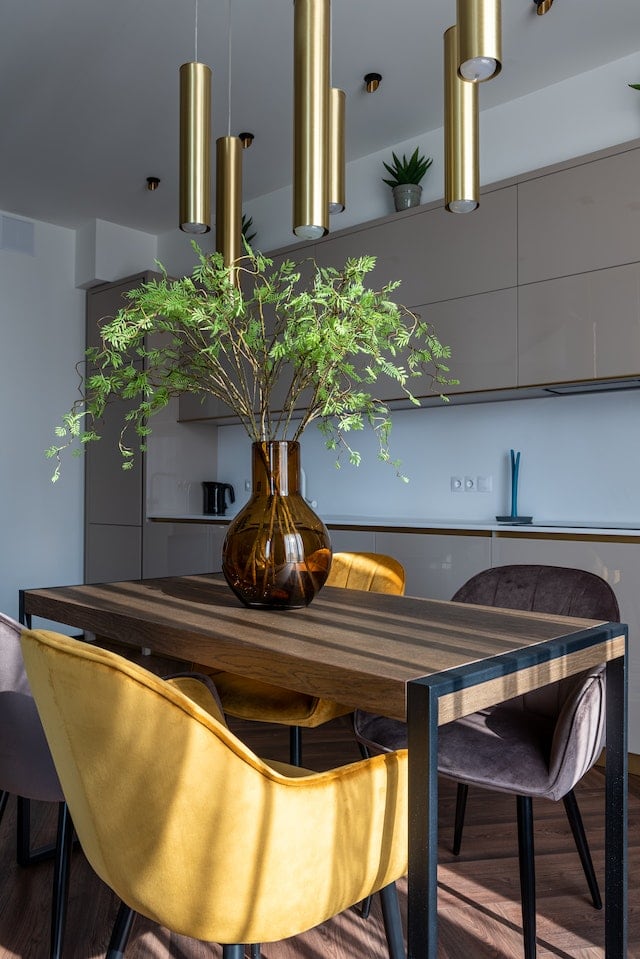
Owning rental property has always been a popular way to create an alternative income stream.
Let’s face it, no-one wants to have all their eggs in one basket, totally reliant on what they earn from their day job!
Rental property isn’t the golden goose it once. Because of changes to mortgages – particularly the way that mortgage interest is dealt with and the way that tax has changed – it’s not necessarily the thing that everybody is looking at nowadays, like they were 20 years ago.
But for lots of people, it can still play a hugely important part in your overall wealth portfolio!
So if you’re thinking of investing in property – how DO you know whether a long term let or short term rentals like Airbnb are right for you?
Traditionally, most people chose long term lets. You’d buy a property and rent it out to a single family, who would hopefully live there for months or years at a time without any issues. They pay regular monthly rent as their family grows up and their children attend school. They look after the property and you have a good stable source of income.
It’s simple in theory.
But because of the changes in rules for a lot of people – especially if you are a business owner on a good salary and a higher rate taxpayer – owning property in this way is not as tax efficient as it was, which means that lots of people are now looking at furnished holiday lets (FHL) instead.
Short term rentals like Airbnb and VRBO are popular because the rules are different in terms of what you can claim against your tax and how the claiming for mortgage interest works.
For some people this is proving a better option but of course, both have got their advantages and disadvantages! So let’s have a deeper look at both.
Long Term Rentals – Advantages vs Disadvantages
The main advantage here is the stability of having regular monthly income and predictable cashflow.
Your tenants cover the property overheads (council tax, water, electricity etc) and there’s minimal maintenance (in theory!).
You don’t have to clean the place every week or worry about your online reviews. And of course, you don’t have the hassle of having to find new tenants all the time.
The earning potential may be less than with a furnished holiday let, but there is generally much less time and work day-to-day, once your long-term tenant is in situ.
Furnished Holiday Lets (FHL) – Advantages vs Disadvantages
The big draw here is obviously the potential to generate a lot more money!
Especially for beautiful holiday accommodation or if your property is in a nice place, like by the beach or a city where there are university graduations or theatres and attractions for people to visit.
But that income can be sporadic, compared to the stability of a long term let. Even with good occupancy rates, there are still likely to be weeks when it’s empty and times when your rates are considerably lower than in peak season, like the summer and school holidays.
Your overheads are likely to be considerably higher too – with cleaners coming in to do changeovers; fully furnishing the place; replacing supplies; maintaining everything (from the garden to the boiler to the mattress); marketing costs and third-party fees, and so on.
If you’re a higher rate taxpayer though, a furnished holiday let can be a brilliant way of having an extra income stream, especially if it’s in a place you love to visit. Almost like the best of both worlds! You buy a second property by the sea, go and stay there sometimes and when you’re not there, you let it out to other people to enjoy.
Furnished holiday let rules do mean that you need to rent the property out for a certain number of days each year, otherwise it doesn’t qualify.
And then there are a whole load of things that you can claim as expenses, but your accountant can help you with this!
The other BIG thing to consider is that if you’re buying a property to use as a furnished holiday let, you’ll need a different type of mortgage and a bigger deposit than if you are doing it as a long term rental.
This is because as we’ve said, long term rentals are more stable. You put a tenant in who stays for six months or longer and you know the income is guaranteed, which means your mortgage is covered. From a lenders point of view, they’re seen as less risky than FHLs.
Most holiday let mortgages only run to 65% of the loan to value – sometimes less – so the deposit you need will be larger. And it’s likely that lenders will want you to have a higher level of background income in terms of your own salary, because they need to know that if you don’t manage to let out your house in Whitstable for three weeks in August, you’ve personally got enough money to pay the mortgage on top of your own mortgage at home and all your other costs.
Whether short or long term lets are right for you, there’s no doubt that both can be great options when it comes to diversifying your income and building your wealth.
And if you’d love to invest in rental property – whether now or further down the line – just click here to check out my ‘Perfect Property Masterclass’ now!
Until next time,
Claire
p.s If you want a private, 100% confidential conversation to explore your options in more depth – just click here to book an appointment!
